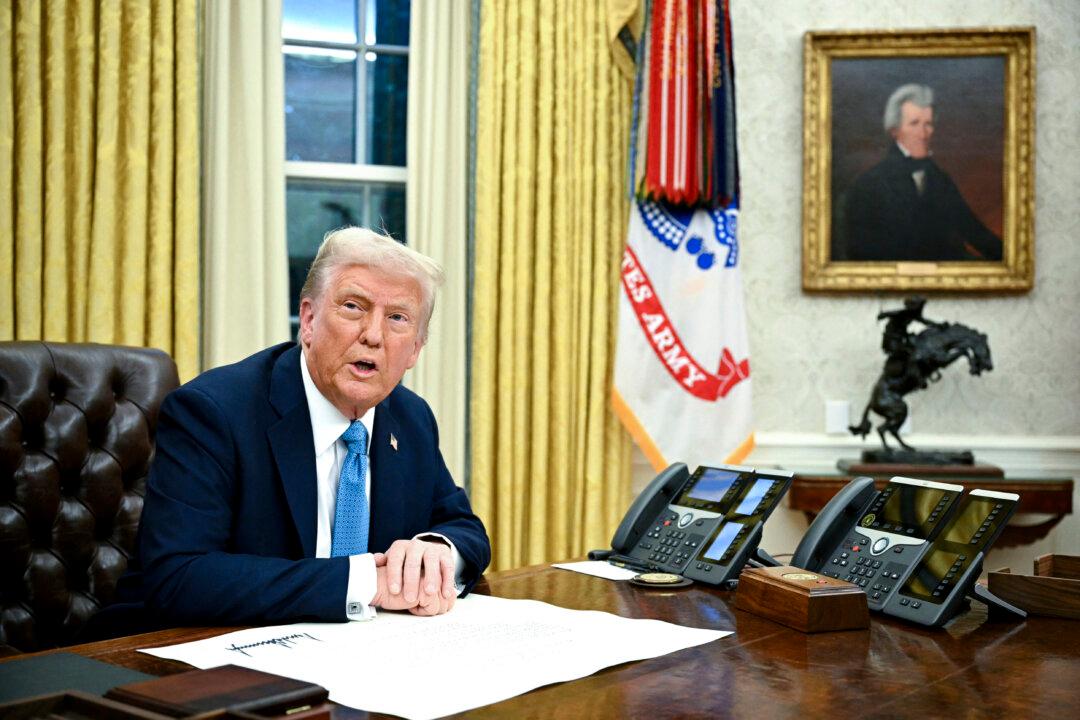BALTIMORE—A federal judge in Maryland on Feb. 13 issued a temporary restraining order blocking portions of two of President Donald Trump’s executive orders that target funding for transgender procedures for individuals under the age of 19.
The ruling came after a lengthy hearing in which Judge Brendan Hurson repeatedly expressed doubt about the Trump administration’s position. The administration had argued that the order was focused on directing agencies to develop plans for revoking funding rather than an outright order to immediately revoke funding for organizations that provide transgender procedures.





